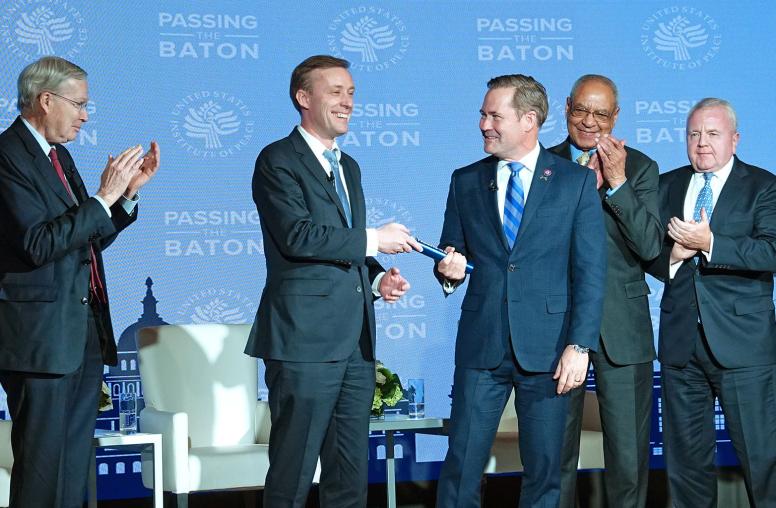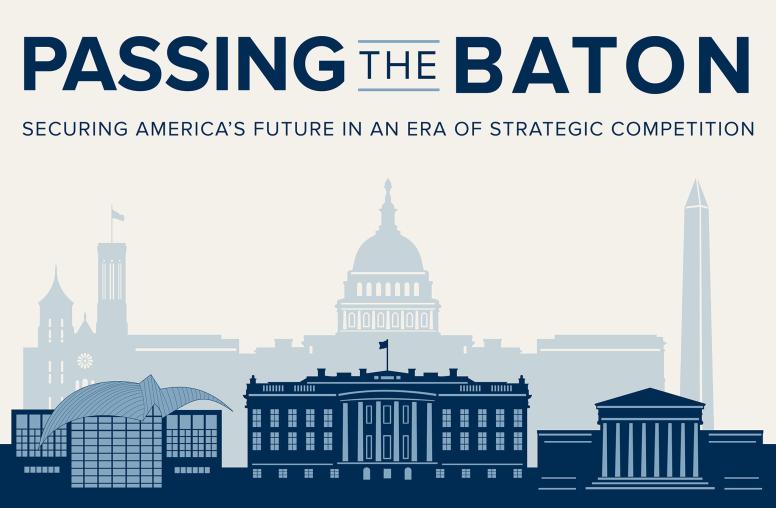New Report Explores Policy Options in Iraq
Institute Press Release.
WASHINGTON -- The continuing conflict with Iraq is a good example of the foreign policy challenges that characterize the post-Cold War world: weapons proliferation, asymmetrical confrontations, and the difficulties of conducting multilateral diplomacy.
A new report released by the U.S. Institute of Peace, authored by Institute Program Officer Jon Alterman, draws on the insights of a studygroup discussion about Iraq. The studygroup identified major themes and potential lessons from the continuing Iraqi conflict in an effort to develop a deeper understanding of the options that exist and possible alternative policies.
"The Iraqi problem continues to defy solution by any single strategy," said USIP President Richard Solomon. "Personalzing the conflict -- Saddam Hussein vs. the U.S. -- is not in our best interest. We need to use our global leadership position to work with others to prevent the proliferation of weapons of mass destruction and conflicts throughout the world."
Below are key points from the report. For a complete copy, please visit our Web site or contact Suzanne Wopperer at 202-429-3828.
Key Points
- The problem of Iraqi weapons development has been transformed from a multilateral conflict between Iraq and the United Nations to a bilateral one between Iraq and the United States.
- Saddam's maneuvering is undermining the authority of the United Nations. Saddam Hussein agreed to United Nations demands in the wake of the Gulf War to disclose and then destroy his programs to develop weapons of mass destruction, and then engaged in a protracted and concerted effort to avoid doing so.
- The confrontation with Iraq has highlighted the importance of multilateral diplomacy, even for a country with a preponderance of international power such as the United States. Although some in the United States call for unilateral action in international affairs, the containment effort has restrained Iraqi behavior precisely because it has been multilateral.
- Some continue to call for quick-fix solutions to very complex and protracted problems. The expansion of the global news media has put policymakers under increased scrutiny and heightened demands for effective action in time frames that are unrealistically short.
- Proliferation of weapons of mass destruction remains a highly challenging issue not only in the case of Iraq, but around the world. Iraq's efforts to develop weapons of mass destruction are among the most aggressive and persistent in the world, but they are by no means unique.
The United States Institute of Peace is an independent institution created and funded by Congress to promote research, education, and training on the peaceful resolution of international conflicts.



